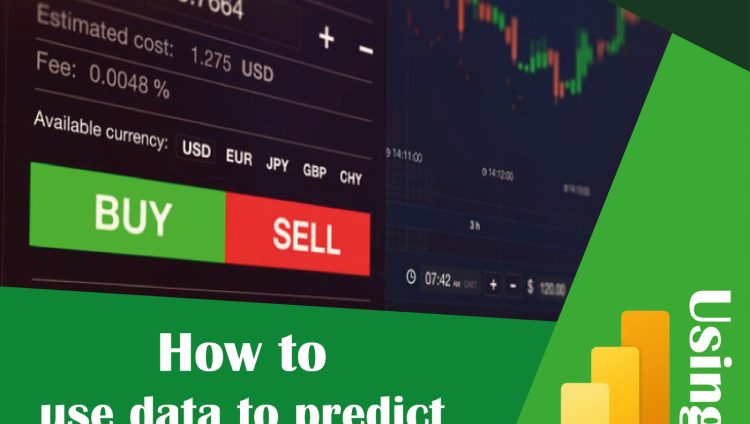How to Build a Data Culture in Your Company
In many organizations, even with data readily available, there’s still a sense of “blindness” or uncertainty when making decisions. Why? The lack of a data-driven culture. A data culture isn’t just about having analytical tools or a technical team—it’s a mindset where everyone in the organization relies on data to drive their decisions. What is Data Blindness? Data blindness occurs when employees or departments can’t access the right data at the right time, or don’t use it effectively. This often leads to: Random, intuition-based decisions Delays in responding to market changes Missed opportunities due to poor visibility How to Build a Strong Data Culture in Your Company: Start from the TopLeaders must believe in the power of data and reflect this belief in their everyday decisions. Train Your TeamProvide ongoing training across departments on how to use data analysis tools effectively. Make Data Accessible and SimpleBuild systems and reports that are easy to use and ensure everyone can get the right information at the right time. Link Goals to MetricsEvery goal or decision should be tied to a clear, data-based KPI. Encourage Questions and AnalysisAsk “Why did this happen?” instead of just accepting “This happened.” This promotes deeper thinking and data exploration. Benefits of a Strong Data Culture: Faster and more accurate decision-making Improved performance across all departments Enhanced transparency and accountability Stronger competitive edge In the digital age, companies that base their decisions on clear, data-driven insights are the ones that thrive.Start with small steps, plant the seeds of data thinking throughout your organization, and you’ll soon notice a transformation in the way decisions are made.
Read MoreSales Forecasting: A Strategic Tool in a Rapidly Changing Market
In today’s fast-evolving markets, businesses increasingly need tools that help them make accurate and well-informed decisions. This is where sales forecasting plays a crucial role—as a strategic approach that leverages data analysis to understand customer trends and confidently anticipate the future. What is Sales Forecasting? Sales forecasting is the process of estimating the expected sales volume over a specific period of time. It relies on historical data, market behavior, and various economic and social factors that influence demand. Why is Sales Forecasting So Important? – Enhances financial planning. – Enables efficient inventory management. – Supports marketing strategy development. – Helps achieve sales targets with precision. How is Data Used in Sales Forecasting? Collect and analyze historical data: For example, past sales figures. Use data analysis tools: Such as Excel, Power BI, or ERP systems. Apply forecasting models: Including linear regression, neural networks, or seasonal models. Incorporate external factors: Like market changes, economic trends, and seasonal patterns. Practical Examples: – A clothing company uses past sales data to predict increased demand in the summer, prompting early production to avoid stock shortages. – An electronics company observes spikes in demand during promotional seasons and plans targeted marketing campaigns and discounts based on forecasts. Tips to Improve Forecast Accuracy: Rely on credible data sources. Update your data regularly. Review and refine models periodically. Train your sales team to understand and utilize forecasting insights. Sales forecasting is the key to success for any business aiming for growth and sustainability. With precise data analysis, businesses can make smarter decisions and stay competitive in an ever-changing marketplace.
Read More


